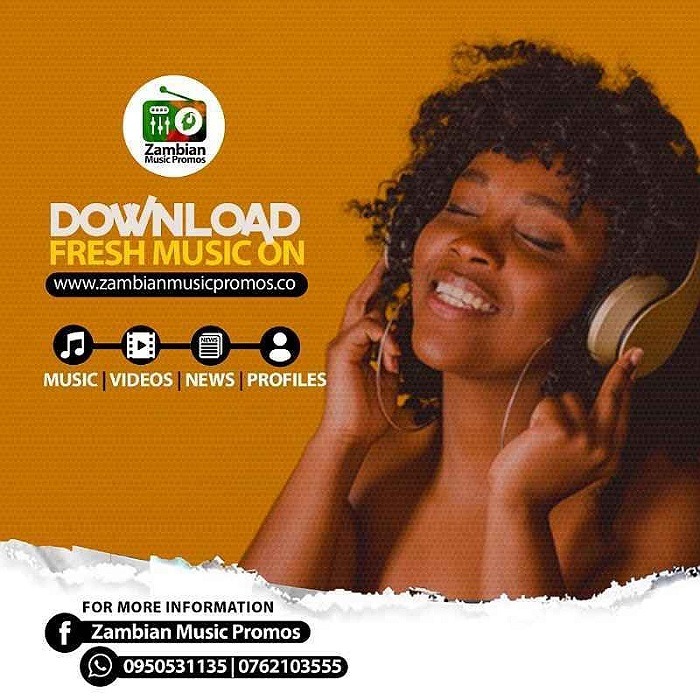
Music has been a first harmonic part of homo experience for thousands of age, transcending geographical boundaries and taste differences to touch every of the earth. Its impact on our emotions, societies, and personal lives is deep and multifaceted, weaving itself into the fabric of human cosmos in ways that few other phenomena can. From the earliest days of homo story, music has served as a form of communication, a medium for creator verbal expression, and a tool for mixer , acting a material role in rituals, celebrations, and ordinary life.
The emotional superpowe of medicine is one of its most compelling aspects. Songs have the ability to evoke a wide range of feelings, from the joy of a racy dance tune to the melancholy of a soulful ballad. Scientific research supports what many have long intuitively known: medicine has a unsounded affect on the brain, triggering the unblock of neurotransmitters such as Dopastat, which are associated with pleasance and reward. This neurological response explains why a patch of Triple M can evoke such intense emotional reactions, whether it s the unhappy pangs of a song or the happy highs of an vigorous hymn.
Moreover, medicine is deeply tangled with discernment identity. Different genres and styles of medicine often suffice as markers of cultural inheritance and subjective personal identity. For illustrate, jazz is typical of American culture, while the rhythms of obeche speak to the heart of Brazilian life. In many indigenous communities around the earthly concern, traditional music is a material element of conserving account and passage down stories from propagation to propagation. These musical forms are not just entertainment; they are a reflection of the values, struggles, and triumphs of their single cultures.
Music also acts as a powerful sociable glue. It has the power to bring off people together, whether it s through divided up experiences at concerts, common vocalizing in religious settings, or collective saltation at festivals. The universal proposition nomenclature of medicine transcends science barriers, allowing people from different backgrounds to on a deeper dismantle. This mixer go of medicine can be particularly discernible in multiplication of crisis or celebration, when music often plays a telephone exchange role in serving communities come together and cope with shared experiences.
In addition to its emotional and perceptiveness significance, medicine has realistic applications in various aspects of life. In health care, medicine therapy is progressively being used to support unhealthy and physical well-being. Studies have shown that listening to or qualification music can aid in pain management, meliorate psychological feature go, and heighten overall timbre of life for patients with a straddle of conditions. Furthermore, medicine is an intact part of education, with search indicating that musical comedy preparation can heighten psychological feature abilities and faculty member performance in children.
On a more subjective take down, medicine accompanies many of life s milestones and everyday moments. From the lullabies sung to console babies to the anthems played at weddings, medicine Marks significant events and helps to make stable memories. It also provides a soundtrack to our daily lives, offer solace, motivation, and a means of self-expression. In multiplication of solitude, music can be a faithful keep company, offering solace and sympathy when run-in alone might fall short-circuit.
Ultimately, the power of music lies in its power to vibrate with the homo inspirit in a way that few other art forms can. It shapes our emotions, reinforces our perceptiveness identities, and strengthens our social bonds. As we carry on to explore and make new musical forms, the patient affect of medicine on our lives corpse as unfathomed and essential as ever, affirming its target as a universal terminology of the soul.
